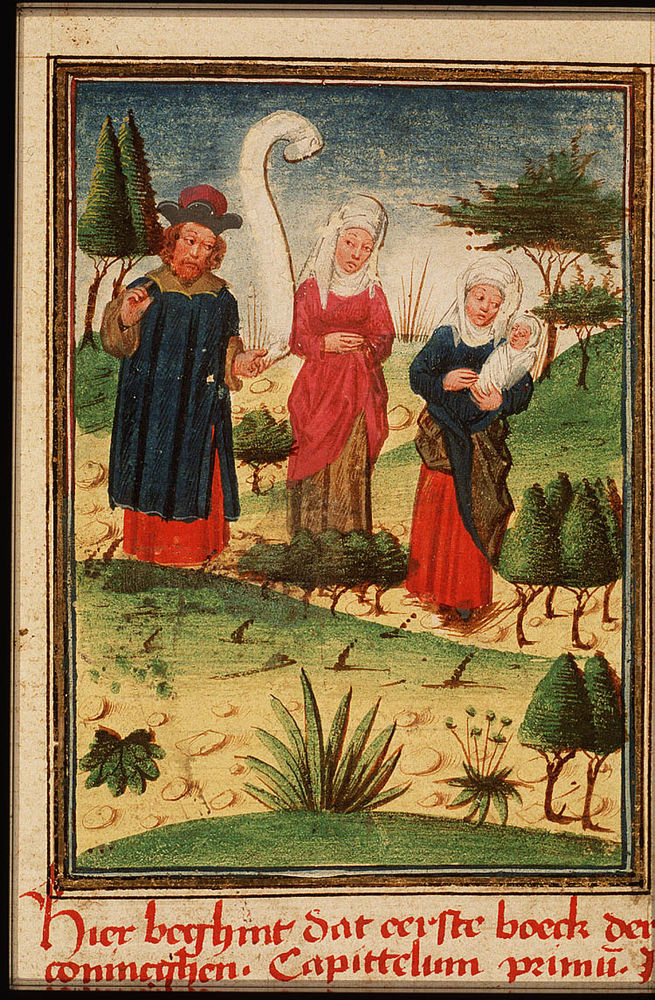
Main Difference
The main difference between Bigamy and Polygamy is that the Bigamy is a illegal second or further marriage and Polygamy is a practice of marrying multiple spouses
-
Bigamy
In cultures where monogamy is mandated, bigamy is the act of entering into a marriage with one person while still legally married to another. A legal or de facto separation of the couple does not alter their marital status as married persons. In the case of a person in the process of divorcing his or her spouse, that person is taken to be legally married until such time as the divorce becomes final or absolute under the law of the relevant jurisdiction. Bigamy laws do not apply to couples in a de facto or cohabitation relationship, or that enter such relationships when one is legally married. If the prior marriage is for any reason void, the couple is not married, and hence each party is free to marry another without falling foul of the bigamy laws.
Bigamy is a crime in most countries that recognise only monogamous marriages. When it occurs in this context occasionally neither the first nor second spouse is aware of the other, although the majority are involved in plural marriages. In countries that have bigamy laws, with a few exceptions (such as Egypt and Iran), consent from a prior spouse makes no difference to the legality of the second marriage, which is usually considered void.
-
Polygamy
Polygamy (from Late Greek πολυγαμία, polygamía, “state of marriage to many spouses”) is the practice of marrying multiple spouses. When a man is married to more than one wife at a time, sociologists call this polygyny. When a woman is married to more than one husband at a time, it is called polyandry. If a marriage includes multiple husbands and wives, it can be called a group marriage.
In contrast, monogamy is marriage consisting of only two parties. Like “monogamy”, the term “polygamy” is often used in a de facto sense, applied regardless of whether the state recognizes the relationship. In sociobiology and zoology, researchers use polygamy in a broad sense to mean any form of multiple mating.
Worldwide, different societies variously encourage, accept or outlaw polygamy. Of societies which allow or tolerate polygamy, in the vast majority of cases the form accepted is polygyny. According to the Ethnographic Atlas (1998), of 1,231 societies noted, 588 had frequent polygyny, 453 had occasional polygyny, 186 were monogamous and 4 had polyandry; although more recent research suggests polyandry may be more common than previously thought. From a religious point of view, “The bible shows over 36 named men who had more than one wife. “In cultures which practice polygamy, its prevalence among that population is often connected to class and socioeconomic status.From a legal point of view, in many countries, although marriage is legally monogamous (a person can only have one spouse, and bigamy is illegal), adultery is not illegal, leading to a situation of de facto polygamy being allowed, although without legal recognition for non-official “spouses”.
According to scientific studies, the human mating system is considered to be moderately polygynous, based on both surveys of world populations, and on characteristics of human reproductive physiology.
-
Bigamy (noun)
The state of having two (legal or illegal) spouses simultaneously
-
Bigamy (noun)
A second marriage
-
Polygamy (noun)
The condition of having more than one spouse or marriage partner at one time.
-
Polygamy (noun)
Specifically, polygyny, the marriage of a man to more than one wife, or the practice of having several wives, at the same time.
“The Islamic form of polygamy is a husband with up to four wives.”
-
Polygamy (noun)
The state or habit of having more than one sexual mate.
“An insect queen actually practices polygamy only one day, while for an alpha-male defending his harem is the very essence of both his status and polygamy.”
-
Polygamy (noun)
The condition or state of a plant which bears both perfect and unisexual flowers.
